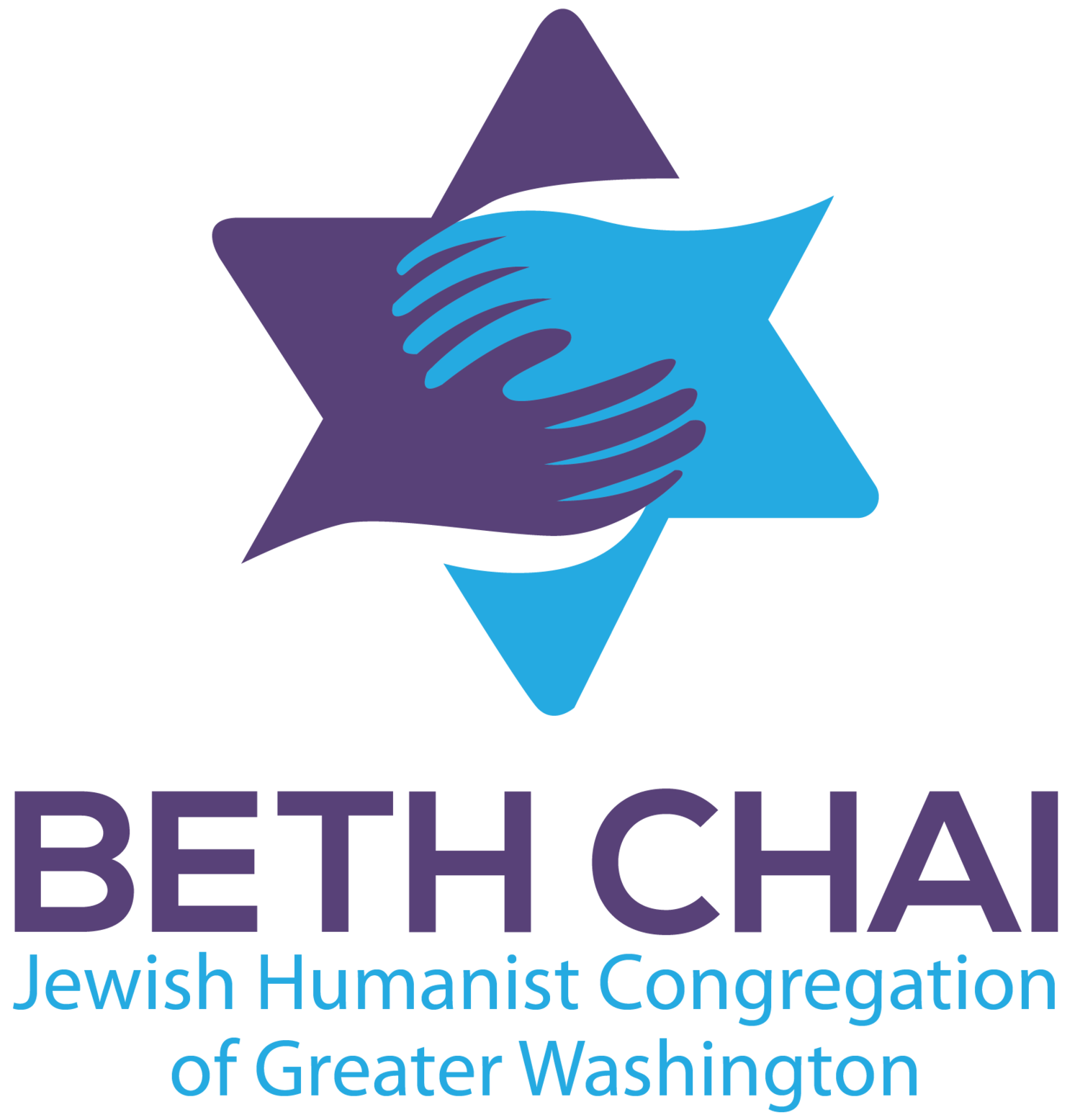ZELOPHEHAD'S DAUGHTERS V. TORAH
This week’s parsha or Torah portion, Pinches, includes some five of my favorite personalities in the Jewish texts – the daughters of Zelophehad. According to the Torah legends, Mahlah, Noa, Hoglah, Milcah, and Tirzah were sisters who lived during the Israelites’ wanderings in the desert. They had no brothers. It was just the five young women. Unfortunately, their father died. According to Torah law, with no male heirs, his land was destined to be given to his closest male relatives.
Well, Mahlah, Noa, Hoglah, Milcah and Tirzah didn’t think this was quite fair. Together, the five women approached Moses and made their case. Without allowing them to inherit, they argued, their father’s name and memory would be lost. Moses agreed with the sisters and Torah law was changed to allow women to inherit – a novel concept in the ancient Middle East.
Unfortunately, a few chapters later, the law is revised once again. The elders of their tribe, Manasseh, argue that if the sisters marry outside the tribe, then it will unfairly penalize the tribe. A concession is reached – the daughters still can inherit but they must marry within Manasseh.
Mahlah, Noa, Hoglah, Milcah and Tirzah show courage, intelligence and grace in making their plea. They work as a unit and are willing to compromise. Moses, for his part, listens to their argument and the arguments of the elders and renders a reasoned and thoughtful response. After the decision is made, there is no arguing, complaining or bitterness. Rather, the system works. It is a great example – and perhaps the clearest example – of Biblical case law.
Often, when we think of the Biblical text and ancient texts in general, we suppose them to support a male-dominated world. And, often, they do. But, sometimes the Biblical test surprises us with a nuanced and unexpected approach.
This week, our Supreme Court rendered several important decisions. The justices didn’t necessarily come down on the “expected” sides. In particular, Justices Kavanaugh and Gorsuch showed that they judge on the merits of the case, which was certainly reassuring to see. On the other side, I found several decisions on the separation of Church and State very disturbing. As humanists and progressive Jews, we have work to do!
The story of the daughters of Zelophehad can reassure us and motivate us to act. Sometimes, the system works. Sometimes, compromises can be made. Even if it is not always expected, justice can prevail. And, when we see injustice and inequality, we should speak up – it might just make a difference.
- Rabbi Cohen
